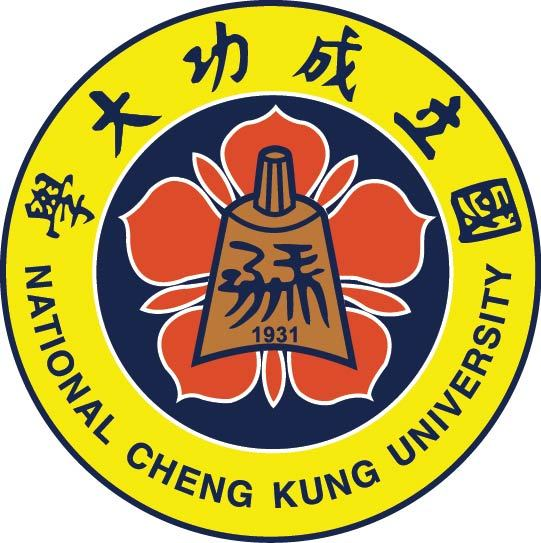Institute of Molecular Medicine (Angiogenesis and Cancer Research)
Research Field
Following the PhD training in the Department of Genetics and Cell Biology, I completed two post-doctoral trainings, one in cloning osteoclast-specific protein tyrosine phosphatases and the other in VEGF-A-mediated signaling pathways in endothelial cells. In the Feb of 1999, I was recruited to be assistant professor in the Institute of Molecular Medicine and single-handedly established one of the first labs on “Angiogenesis and Cancer Research” at National Cheng Kung University. I was then promoted to be an associate professor in 2004 and a full professor in 2009 in the same institute. After 20+ years of staying in National Cheng Kung University, more than 40 students got their master degrees and 7 students were awarded to have PhD degree in my laboratory. I am also the course coordinators for Advanced Cell Biology, General Cell Biology (English), student seminars (Journal clubs), and Angiogenesis and the lectures on Tumor Biology, Cell Growth and Differentiation, and PBL-based learning on tumor metastasis. Since angiogenesis, the formation of new blood vessels, is an essential process for tumorigenesis and metastasis, upper aerodigestive track cancer (UATC), the 3th leading cause of cancer death in the world, is my diseased model for years. Oral cavity and esophagus are two most frequent sites for such cancer type. The reasons for choosing this cancer type are high recurrence rate and the difficulties for early diagnosis. The crosstalk between tumor and stromal components in the same microenvironment plays a key role in cancer progression and metastasis; I have been studying the molecular mechanism underlying the crosstalk by using cell-based assays, clinical specimens and animal models. Three-dimensional culturing technology is currently considered as a great model for studying human organ development and human pathologies including metastasis in a culture dish. Our ultimate goal is facilitating the development of theranostic targets for cancer and angiogenesis related skin diseases.
Commonly used techniques for addressing the relation of altered gene expression with the ongogenic processes include
•Molecular and cellular technology including genome editing, PCR cloning, gain and loss of function studies, cell culturing, and various cell-based transformation assays
•Experimental tumorigenesis and metastasis in mice
•Genome approaches: cytokine arrays, RNA and scRNA sequencing, DNA microarray technology and proteomics, and metabolomics
•Part 1: The mechanism and molecules responsible for crosstalk between tumor cells and their stromal components, contributing to cancer progression and organ-specific metastasis, in oral and esophageal cancers
•Part 2: Since cancers share similar features to never-healed wounds, we also study the in vitro and in vivo role of our candidate genes in wound healing using both molecular and cellular approaches.
•Part 3: We will evaluate the possibility of using drug repurposing for treating these pathologies.
2008~2011, 2013-2023 The Best Teacher of the Year (IMM)
2017 Teaching Excellence Award (NCKU)
2015 The award for encouraging publication in top international journals (NCKU)
2009, 2018 The Excellent Paper Award by Cheng-Hsing Medical Foundation
Institution and Location Major Degree Year Awarded
University of Minnesota, Twin Cities, MN Genetics Ph.D. 1993
National Chung Hsing University, Taichung, Taiwan Food Science B.S. 1985
1 Vacancy
Job Description
- Sterile culture techniques for cell propagation
- Polymerase chain reaction for cloning gene(s) of interest
- Introduction of plasmid DNA into the target cells by transfection or transduction for manipulating the expression of target genes for establishing stable cell clones in cultured cells
- Set up 3-dimensional culture for studying the interaction between tumor and stromal cells by mixing manipulated tumor and stromal cells in the same microenviroment
- If time allows, the student can watch or learn how to perform murine tumorigenesis.
Preferred Intern Education Level
- Major in biology-related fields with basic knowledge in cell biology
- Undergraduates in sophomore or high levels or graduate students in Master programs
Skill sets or Qualities
- Have some basic knowledge in biology-related fields, cancer biology/oncology is preferred
- Show great interest in medical research or health science
- Know some sterile culture techniques for cell propagation
